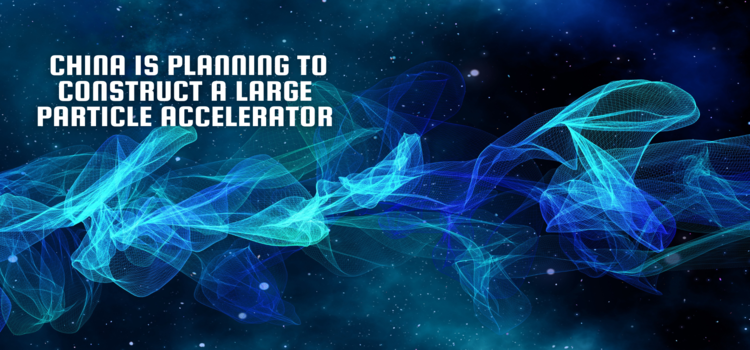According to the South China Morning Post, China is planning to construct a large particle accelerator with a circumference of approximately 100-150 meters (328-492 feet) for advanced IC lithography, aiming to avoid the requirement for ASML's EUV machines. The proposed accelerator will serve multiple litho machines, operating as a foundry hub; however, the site for the construction has not yet been determined.
This plan is based on the Stanford-created steady-state microbunching (SSMB) approach, which involves using charged particles' energy during acceleration as a light source. Tsinghua University built an SSMB prototype in the previous year, with an SSMB-EUV light source designed to produce EUV power higher than 1kW, and some vital technologies are almost developed, according to the building team's Professor Pan Zhilong.
A large particle accelerator is a powerful scientific instrument used to investigate the subatomic world and answer fundamental questions about the universe. Particle accelerators are complex machines that accelerate subatomic particles, such as protons, electrons, or ions, to almost the speed of light and then smash them into stationary or moving targets to create high-energy collisions. These collisions create a shower of new particles that can reveal information about the fundamental building blocks of matter and the forces that govern their behavior. Large particle accelerators can produce extremely high energy collisions and allow scientists to study particles too small to be seen with even the most powerful microscopes.
One of the most famous large particle accelerators is the Large Hadron Collider (LHC) at CERN, the European Organization for Nuclear Research, located in Geneva, Switzerland. The LHC is a circular accelerator with a circumference of 27 kilometers and is capable of accelerating protons to energies of 6.5 trillion electron volts (TeV).The LHC was designed to study the Higgs boson, a particle predicted by the Standard Model of particle physics, which gives mass to other particles. In 2012, scientists at the LHC discovered the Higgs boson, confirming a key prediction of the Standard Model.
In addition to the LHC, there are numerous other large particle accelerators around the world, each with unique capabilities and scientific goals. These include the Tevatron at Fermilab in the United States, which operated until 2011, and the Relativistic Heavy Ion Collider (RHIC) at Brookhaven National Laboratory, also in the United States. Large particle accelerators have played a vital role in advancing our understanding of the universe and the subatomic realm. As technology continues to improve, these machines will become even more powerful, allowing scientists to explore ever deeper into the mysteries of the universe.
